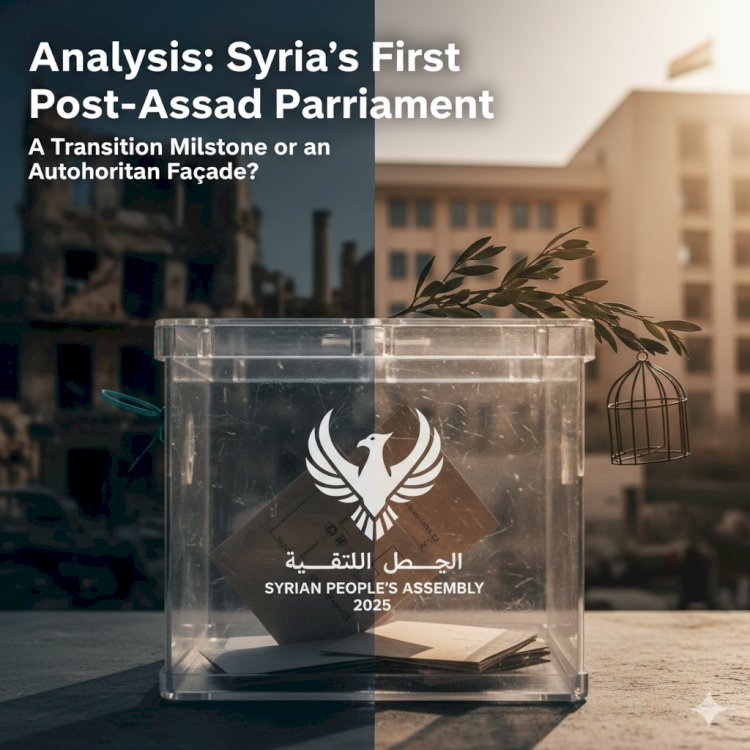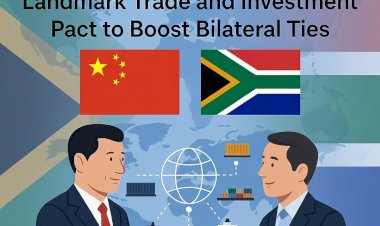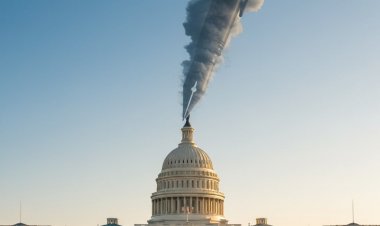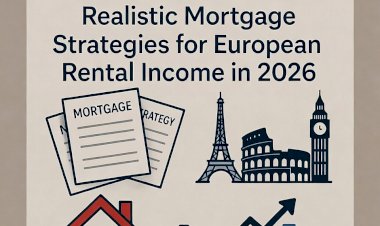Analysis: Syria’s First Post-Assad Parliament – A Transition Milestone or an Authoritarian Façade?

DAMASCUS, SYRIA – October 5, 2025 – Syria’s transitional government, led by President Ahmed al-Sharaa, has completed the voting phase for the country’s first People's Assembly since the fall of the Bashar al-Assad regime. While the government hails the event as a critical step toward institutional renewal, the indirect electoral system and the broad powers retained by the executive have fueled criticism that the process is a mere political maneuver designed to confer a fragile legitimacy on the new authorities.
The formation of the 210-seat People's Assembly, set to serve a 30-month term, is a major test of President al-Sharaa's commitment to building an inclusive and pluralistic state after 14 years of civil war. However, analysts warn that the new legislature risks becoming a more sophisticated version of the rubber-stamp parliament it replaced.
The Hybrid System: A 'Selection' More Than an Election
The transitional authorities opted for a provisional, indirect electoral system, citing the immense logistical difficulty of holding a popular vote given the millions of displaced Syrians and the lack of updated civil registries. The system works as follows:
-
140 Seats (Two-Thirds) Elected Indirectly: These seats were chosen by approximately 6,000 members of carefully selected electoral colleges across the country's governorates. These electors—often notable community figures, academics, and professionals—were themselves chosen by subcommittees appointed by the central Supreme Elections Committee.
-
70 Seats (One-Third) Appointed Directly: President al-Sharaa retains the power to appoint the remaining deputies. Authorities state this is to ensure representation for women (targeting a one-fifth total representation) and ethnic/religious minorities, as well as to bring in technocrats.
Critics argue that this layered, opaque system consolidates power under the presidency. One analyst stated plainly, "You can call the process what you like, but not elections." Other opposition circles described the process as a "reproduction of authoritarian practices," designed to entrench the dominance of one faction.
A Parliament of Voids and Tensions
The exclusion of several key regions from the process has severely undercut the assembly’s claim to national legitimacy:
-
Regional Postponements: Voting was indefinitely postponed in the restive Druze-majority province of Sweida and the northeastern provinces of Raqqa and Hasakah, largely controlled by the Kurdish-led Syrian Democratic Forces (SDF). The postponement was attributed to security and political gridlock, leaving approximately 19 seats empty.
-
Minority Concerns: The exclusion of these areas, combined with a low initial representation of women among the 1,570 candidates (only 14%), has raised doubts about inclusivity. While al-Sharaa is expected to use his 70 appointments to address these gaps, the absence of local participation in these crucial areas remains problematic.
-
Controlling the Narrative: Candidates for the assembly were explicitly barred from being former "supporters of the former regime" or promoting "secessionist" agendas, giving the government broad discretion to filter out dissenting voices, particularly from Kurdish-led factions pushing for greater decentralization.
Despite these flaws, some new members expressed hope, viewing the vote as a break from the pre-2024 era, where the Ba'ath party’s dominance made elections a farce. The victory of several Sunni candidates in the former Alawite stronghold of Latakia is being cited as an example of genuine political shifts in a post-Assad environment.
The new People's Assembly's mandate is formidable: drafting a new constitution, legislating for economic recovery, and tackling the complex issues of transitional justice. For the international community, the final composition of the assembly and its ability to act independently of President al-Sharaa will be the true barometer of Syria’s sincerity in pursuing institutional and democratic reform.

 content-team
content-team 


















